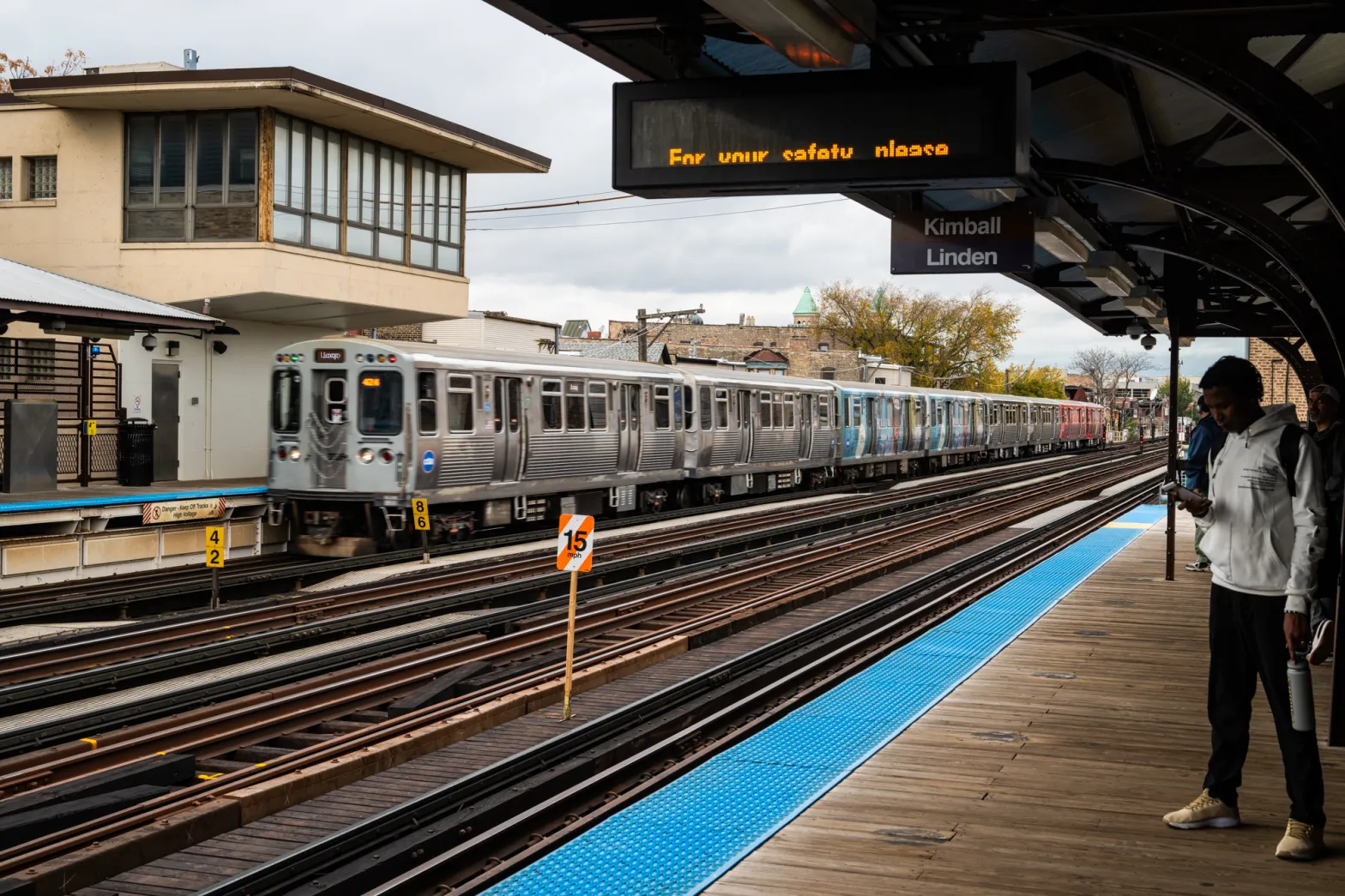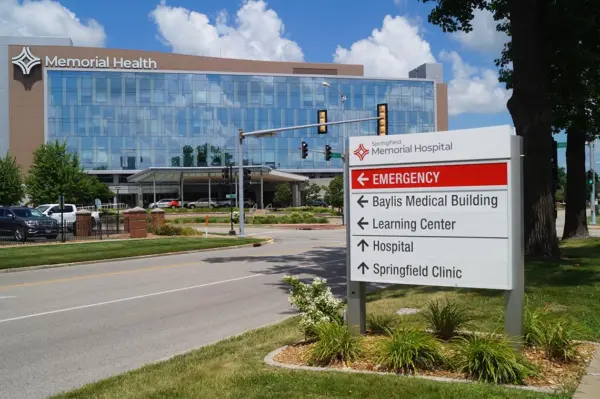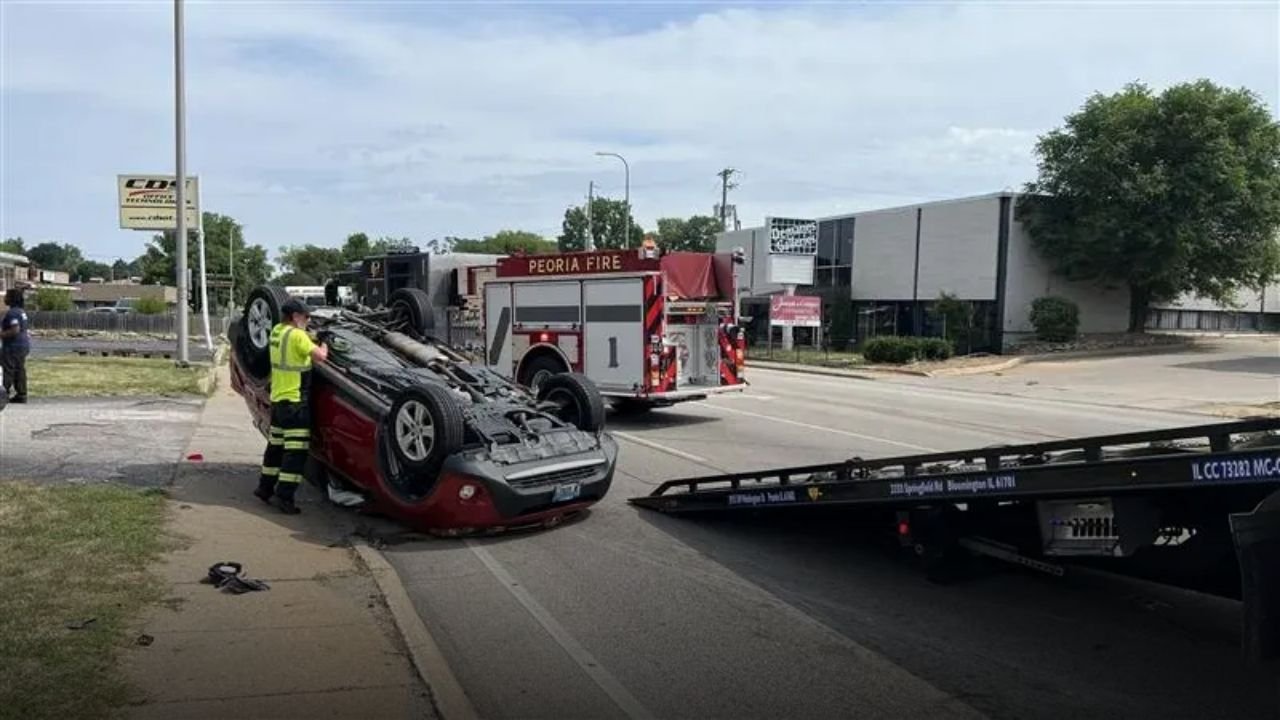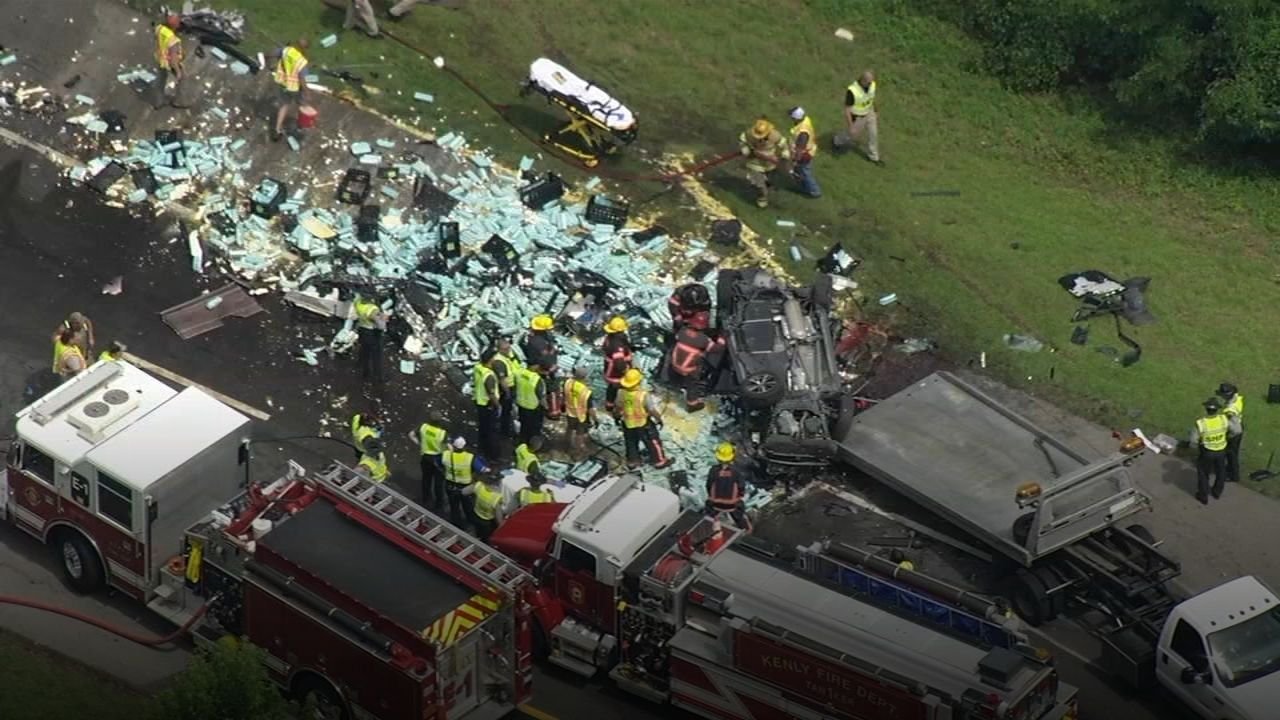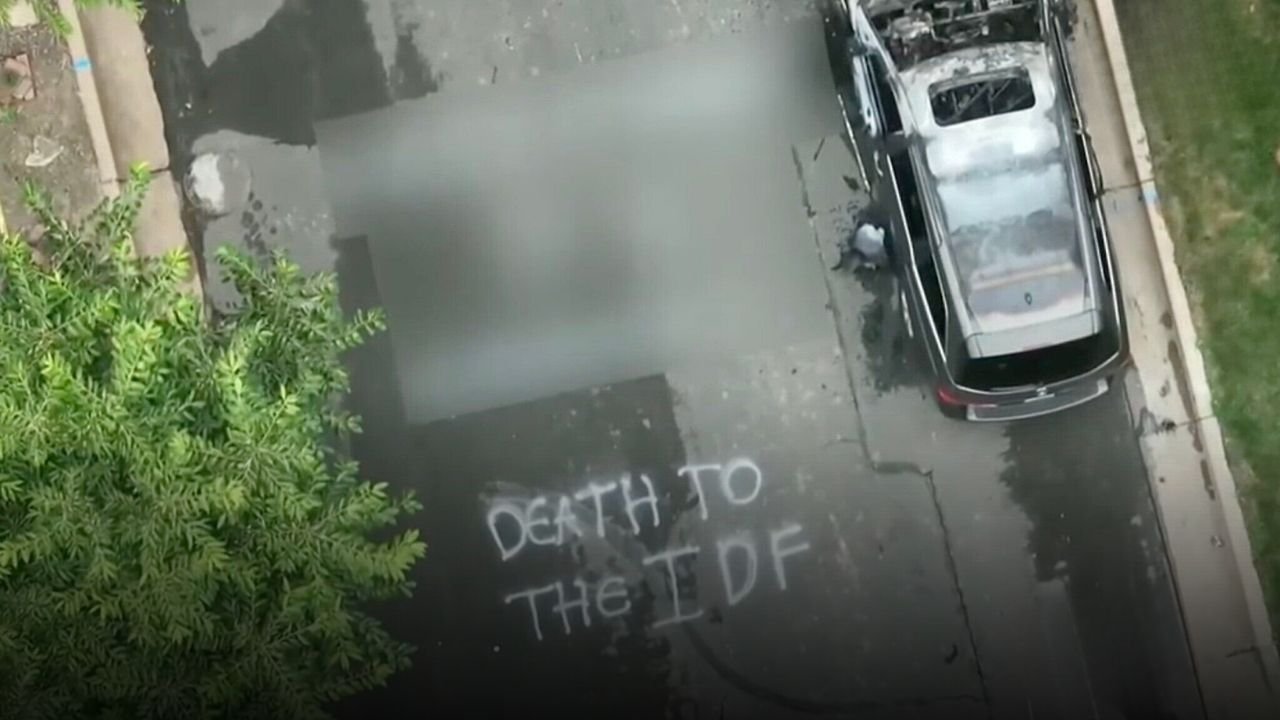CHICAGO — With a looming $770 million budget deficit threatening the operations of CTA, Metra, and Pace, Illinois lawmakers are under urgent pressure to pass funding solutions before the legislative session ends this Saturday. If they fail, widespread transit service cuts and layoffs could begin as early as this summer, officials warn.
The Regional Transportation Authority (RTA) and transit unions have issued a clear warning: failure to close the funding gap will result in up to a 40% reduction in services across the region by 2026, leaving 1 in 5 Chicagoans without transit access.
Competing Legislative Proposals: Tax Hikes vs Governance Reforms
Two competing bills in Springfield offer different approaches to the crisis:
Senate Bill (Sen. Ram Villivalam)
- Renames the RTA as the Northern Illinois Transit Authority
- Proposes universal fare cards across CTA, Metra, and Pace
- Introduces new revenue tools:
- 10% tax on rideshare services (e.g., Uber, Lyft)
- Real estate transfer tax
- Tollway surcharges for regional contributions
“We need to create a system that is seamless and equitable for all riders,” said Sen. Villivalam, emphasizing the need for a long-term funding mechanism.
House Bill (Rep. Eva-Dina Delgado)
- Prioritizes governance reform over revenue generation
- Restructures board control across the region:
- 8 from the city of Chicago
- 8 from suburban Cook County
- 4 from surrounding counties
While Delgado’s bill aims to modernize oversight, it does not directly address the funding crisis.
What Happens If No Action Is Taken?
According to Tina Fassett Smith, spokesperson for the RTA, if no funding plan passes by Saturday, the region will face serious consequences:
- Major layoffs could begin as early as June
- Agencies would be forced to make deep cuts by 2026
- Vulnerable populations — especially those with disabilities — could be stranded
“Riders in wheelchairs will struggle. It’ll be a disaster,” warned Tiffany Rebb, a CTA bus operator who said she was notified of potential layoffs during a recent union meeting.
Gov. Pritzker Urges Safety, Reliability Before New Funding
Illinois Governor JB Pritzker expressed hesitation on some proposals, saying public trust must be rebuilt first.
“We really need to uplift the entire system and make it safe for everybody to ride. You can’t put money into something that doesn’t guarantee that at the start,” said Pritzker.
Transit advocates argue that delaying funding solutions could worsen equity gaps and displace thousands of daily commuters who rely on public transit to access work, school, and healthcare.
Union Leaders Push for Immediate Financial Relief
Tim Drea, president of the Illinois AFL-CIO, echoed those concerns and criticized current legislative efforts:
“None of the proposals on the table right now deliver the immediate dollars we need. We’ve advocated for a comprehensive funding plan to avoid service collapse.”
Advocacy groups and labor unions are calling for a unified solution that addresses both structural reform and immediate financial needs.
The Clock Is Ticking: What Riders Need to Know
If the General Assembly adjourns without action:
- Expect a public warning campaign from CTA, Metra, and Pace in coming weeks
- Riders could begin to see reduced hours, longer wait times, and fare changes by late summer
- Service maps may be redrawn to eliminate entire routes
The RTA and partner agencies have already begun preparing alternative scenarios if budget relief does not come through.
How would a 40% cut in transit affect your commute or family plans? Do you support new transit taxes or fare integration? Share your thoughts below.
Sources:
- Block Club Chicago – Budget Gap Article
- Regional Transportation Authority (RTA)
- Illinois General Assembly

